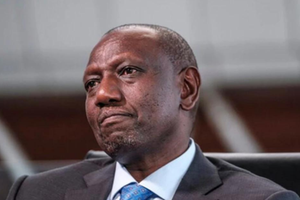Solve school funds hitch
An increasingly tough job in the country today is that of being the principal of a secondary school. These people are expected to keep the young learners in the cash-strapped institutions and provide them with learning materials and food.
Many schools are heavily indebted, with suppliers baying for the blood of the school heads. The government has not been releasing capitation on time, but the funds are also too little. They have not been reviewed for years, yet the prices of essential commodities have steeply risen.
The principals, who have been attending their annual conference in Mombasa, have indicated that they may be forced to increase fees next term. This is bad news for the parents, who are also struggling to make ends meet amid a high cost of living. With the prices of basic goods skyrocketing and the government increasing taxes and levies, the majority find it difficult to balance survival with raising money to pay school fees.
Now, the principals are saying they have no choice but to raise school fees next term following the government’s reduction of capitation per learner.
Just last week, the government asked principals to try and live within their means. Deputy President Gachagua, while conceding that the government is struggling financially, urged school heads to initiate income generating projects. They should grow crops, rear dairy cattle and establish bakeries to save on buying bread.
However, the principals are not magicians. They have proposed that fees for national schools be increased from Sh53,000 to Sh69,000 due to inflation and the high cost of living. But even that will not be enough. The government is expected to disburse Sh22,244 capitation per year, but will only release Sh17,000. So far, only Sh12,000 has been sent.
Parents must pay fees in time, as schools have huge pending bills, but many never do. A lasting solution to this funding crisis must be sought.





